Dinner MC
Jase Te Patu
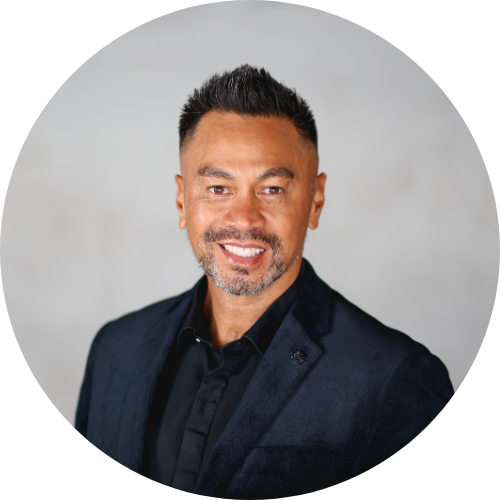
Jase Te Patu is a renowned keynote speaker, thought leader, and award-winning master facilitator with over 32 years in the wellbeing industry.
A former NZ sportsman, Les Mills International presenter, and celebrated mental health advocate, Jase brings a unique blend of energy, storytelling, and cultural wisdom to every stage.
As a TED Talk speaker, Mental Health First Aid Trainer of Trainers, and Edmund Hillary Fellow, Jase has led national conversations on wellbeing, including spearheading NZ’s Mental Health Awareness Week in 2023. His work bridges science and indigenous knowledge, equipping individuals and organisations with practical tools for resilience, connection, and thriving wellbeing.
Jase is also the Founder and CEO of Hauora Aotearoa, an Indigenous mental health initiative that transforms lives in schools and workplaces through Māori-informed, science-backed wellbeing practices.
Speakers
Please check back regularly as more information will be added as it is received from each speaker.
Mohamad Al-Dah
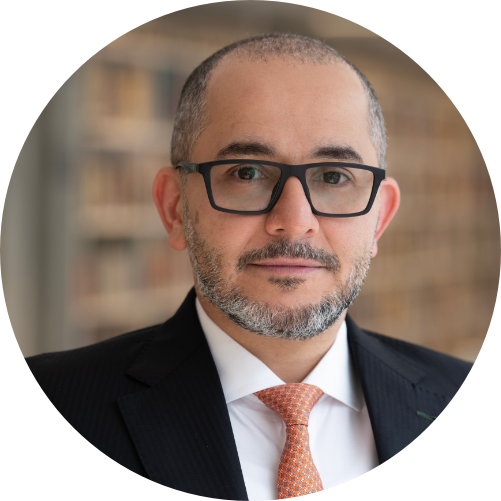
Keynote title
Structural Engineers in an AI world
Overview
Mohamad Al-Dah is the 2025 President of the Institution of Structural Engineers’ (IStructE). His focus for his presidential year is about the position structural engineers play in tackling the climate emergency; how mentoring can support the progression of structural engineers; and industry collaboration.
For the SESOC conference, Mohamad will share his insights about “Structural Engineers in an AI world”.
As artificial intelligence and machine learning pervades our working and personal lives, how can technology help the role of structural engineers and the essential work they do to ensure structural safety and climate resilience of structures large and small. Mohamad will share his own experiences of leading Dubai's Building Classification Survey, how it was designed to be AI-ready, and how it can be scaled to the rest of the world.
Bio
Mohamad is Director at the Dubai Land Department, Government of Dubai, and is the author of the Emirates Book Valuation Standards. Born in Dubai, Mohamad has a Masters of Engineering from the University of Oxford. With 25 years’ experience, Mohamad has been involved in the design of many landmark projects across UK, Egypt, Panama and South Korea and previously worked as a specialist in restoring existing buildings.
Jane MacMaster
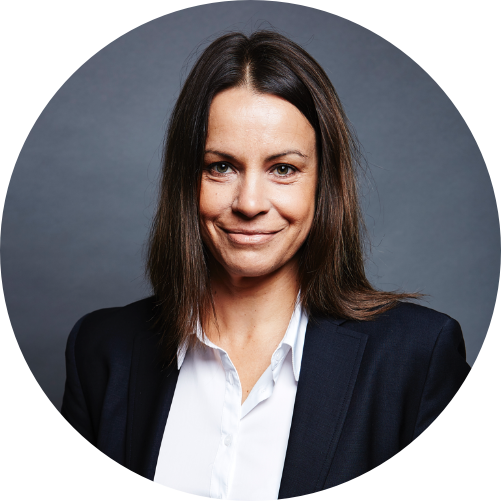
Keynote title
Engineering with Integrity and a Focus on the Future in the 2020s and Beyond
Overview
In the 2020s, the context in which we practice engineering is complex – fast-paced, uncertain, and multi-faceted. Yet the purpose of our profession remains fairly stable – to practically apply scientific knowledge using tools and techniques of our profession to produce technological systems that benefit people and our planet. This presentation will explore the challenges and opportunities we face as engineers and invite you to reflect on some ideas to help us be successful in that endeavour.
Bio
Jane MacMaster is a mechanical and systems engineer who has worked for the last 30 years across the private, public and higher education sectors. She is currently the Global Engineering Integrity Director for Babcock International Group, a multinational Defence and Aviation company, where she leads engineering integrity governance and assurance across nuclear, marine, land, aviation, and integrated systems in the UK, Australasia, Canada, South Africa and France.
Prior to joining Babcock she was Chief Engineer at Engineers Australia – the peak professional body for engineering in Australia where she was responsible for professional standards for engineering education and independent practice and contributing the engineering perspective to policy discussions ranging from systems design of the national electricity grid through to strengthening the engineering workforce. Her previous roles include Founder and Director of Ponder Enterprises which provided educational and advisory services to all levels of government and the university sector in complex problem solving; senior advisor within the Australian Department of the Prime Minister and Cabinet where she worked on strategic policy projects commissioned by the Prime Minister; various roles at Defence industry multinational BAE Systems and management consultant in the institutional banking sector.
She is a Fellow of Engineers Australia and the Australian Academy of Technological Sciences and Engineering (ATSE).
Her interest areas complex problem solving and the performance of complex systems. She advocates for high standards of engineering practice, climate change initiatives, women in engineering, lifting standards of maths education in Australia, and encouraging more young people to consider further study and a career in engineering.
Alessandro Marzucchini
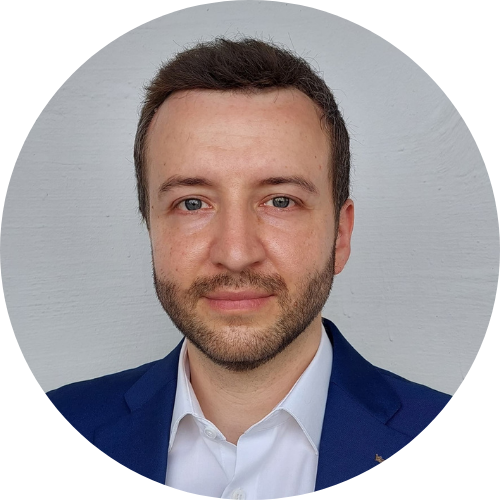
Keynote title
Engineering the Future: How MMC is Disrupting the Way We Build
Overview
The way we design and build is changing, quickly. The industry is facing pressing challenges: a critical climate crisis, productivity gap, skills shortage and increasing concerns about safety. Conventional construction presents challenges, such as being labour and time-intensive, requiring high carbon footprint and producing significant levels of noise and waste. Modern Methods of Construction (MMC) introduces an innovative approach: by combining new offsite construction techniques and digital design capabilities with deep engineering knowledge we can achieve a disruptive change with impressive benefits, including time compression, improved sustainability, safety and productivity. This keynote will explore why MMC is crucial to the future of engineering and how engineers can leverage Design for Manufacturing and Assembly (DfMA) principles to deliver more efficient, sustainable designs.
Bio
Chartered Structural Engineer with 15 years’ experience in the design and management of international projects. Alessandro spearheads the Modern Methods of Construction (MMC) at Ramboll, focusing on APAC, the Middle East and Europe. He leads a multi-disciplinary engineering team using innovative systems and industrialised processes, promoting Design for Manufacturing and Assembly (DfMA), off-site and modular construction, resulting in sustainable solutions and significant reduction in construction time.
Alessandro is widely recognised as an industry expert on MMC. He is a respected figure in this space and is known for his insightful talks on the subject. His expertise includes the design of complex structures and seismic design including high-rise developments, large luxury resorts, residential, commercial, mixed use and airport developments. Furthermore, he provides mentorship to engineers and takes an active part in research projects and collaborations with universities. Completed projects include jobs in Singapore, South Korea, Malaysia, China, Philippines, UAE, Saudi Arabia, India, Morocco, UK, Italy and Denmark.
Sarah-Jayne McCurrach
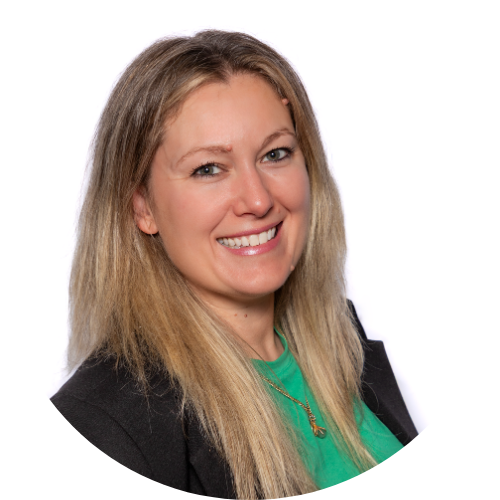
Keynote title
Thinking Beyond Earthquakes: Redefining how engineers can lead in hazard risk management
Overview
New Zealand faces significant natural hazard risks. Some, like earthquakes, are well known and are the focus of management and mitigation. But, as a country with a small economy, legacy land use planning issues and risk exacerbators such as climate change, the multi-hazard resilience of our built environment has never been more critical.
The opportunities for engineers to contribute to natural hazard risk reduction can evolve, to move from not just technical problem solvers, but influencers that can shape policy, land use planning, and transform how they engage across disciplines. This could include advocacy for resilience of the built environment - in policy, in practice, and with clients, taking a multi-hazard approach and building risk tolerance and qualitative assessments into their work.
Bio
Sarah-Jayne is a leader in natural hazard risk management, working at the interface of disaster risk finance and disaster risk reduction as Head of Risk Reduction at the Natural Hazards Commissions Toka Tū Ake (NHC). Her work emphasises evidence-based policy and decision-making. She is trusted for her strategic systems thinking and translating complex science into practical applications. These skills were demonstrated when she led development of New Zealand’s first national risk assessment framework, New Zealand’s Natural Hazard Portal and initiated and led the development of New Zealand's DART Buoy system, establishing the second-largest tsunami monitoring network globally. Her career began as an engineering geologist, working for URS Corporation she worked on projects including Pike River Mine, Tui mine and dynamic simulation projects to identify risk associated with liquefaction. She has represented New Zealand in several governance roles, including 8-years within the Pacific Tsunami Warning System (PTWS). Her efforts in creating key strategies and frameworks, such as the PTWS Strategy 2022-2030, NHC Risk Reduction Strategy, and New Zealand’s first Sendai reporting framework, highlight her commitment to systems leadership in disaster risk reduction. She has also been involved in emergency response and recovery to several national and regional natural hazard events.
Plenary Sessions
Collaborative Construction: Building Stronger Outcomes through Partnership and Innovation
Thursday 26 June 2025
Chair: Jenni Tipler
Panellists:
- Chris Wooding – LT McGuinness – National Engineering Manager
- Christian Gamst – Te Waihanga – Senior Advisor
- Jeremy McAlister – Rubix – Project Manager
- Ilona Haghshenas – Warren and Mahoney – Studio Principal
The panel has been curated to provide strong representation from diverse sectors and perspectives within industry. The panel members will present their views around opportunities for improving project delivery and community outcomes by adopting alternative approaches not common in New Zealand practice.
From Blueprint to Bytes: The impact of Digital Transformation on Engineering and Construction
Thursday 26 June 2025
Chair: Tessa Beetham
Panellists:
- Troy Coyle – HERA - CEO
- Alex Hampshire – WT – Director Advisory
- Anton Shaw – Warren and Mahoney – Automation Lead
- Ben Wanklyn – Naylor Love – Modern Methods of Construction Manager
For structural engineers to remain competitive and relevant adoption of digital technologies is essential. Implementing digital change presents both a challenge and an opportunity. This panel, with representatives from the architecture, advisory, construction and research sectors, will explore aspects of the impact of digital transformation on the built environment industry. We will discuss examples of successful adoption at the digital frontier and areas where we anticipate the big impact.
Inclusion and the Relationship to Retention
Friday 27 June 2025
Chair: Craig Watson
Panellists:
- Judi Keith-Brown - Architect/Business Owner
- Joe Consedine - DEI consultant/Co-founder of Mobilise
- Yasmin Becker– IstructE CEO
- Teresa Poli - Māori Strategy Consultant and Engineer at Aurecon
- Sam Jones - Buildings Structures Practice Leader at Aurecon
Many engineering firms truly believe they are hitting diversity targets and closing the gap by writing policies for a more inclusive culture—but the data tells a more complex story. Retention rates, pay equity, and career progression still show significant disparities, especially for women, Māori, and other underrepresented groups. This panel will explore the gap between representation and real inclusion: how can we tell if people actually feel they belong? What metrics matter beyond headcounts? And most importantly, what are the three most powerful actions any leader can take right now to build a team where everyone thrives?
